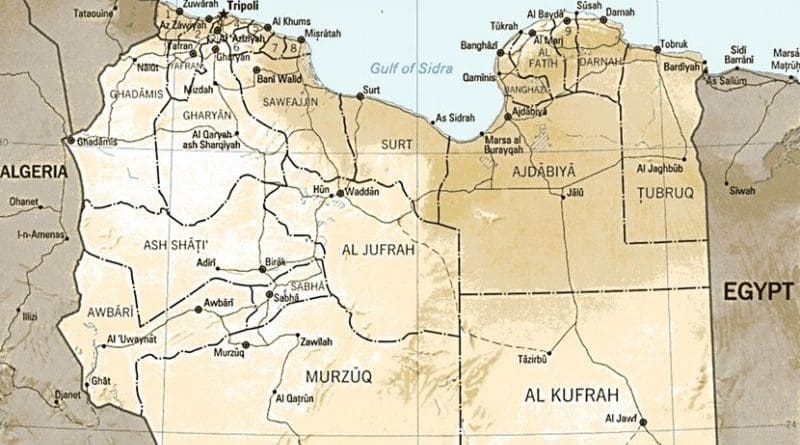Africa Command Learns From Libya Operations
By DoD News
By Jim Garamone
Libya was the first major combat operation for U.S. Africa Command, and its men and women responded well, the unit’s commander said.
Still, Africom — the military’s newest combatant command — is assessing the lessons learned from Libya and will make necessary changes, said Army Gen. Carter F. Ham.
Ham spoke to the Defense Writers’ Group Wednesday.
In March, Africom participated in Operation Odyssey Dawn — the American effort to protect Libyan citizens from Moammar Gadhafi’s regime. Later, the operation was transferred to NATO’s Operation Unified Protector.
Officials have to examine the Libya operations closely to draw lessons, the general said.
“It would be wrong in my mind to say ‘this is the template, this is the model’ we will follow,” Ham said. “As all military operations are, they are conditions-specific.”
The U.N. Security Council Resolution 1973 called on member states to protect the Libyan people from a massacre at the hands of Gadhafi’s army, which was then threatening Benghazi.
“I remain confident that had the U.N. not made the decision, had the U.S. not taken the lead with great support, I’m absolutely convinced there are many, many people in Benghazi alive today who would not be [otherwise],” Ham said.
Africom was able to respond quickly to aid Libya, he said, because of the U.S. military’s flexible air and maritime forces based in Europe.
“There was great support from NATO nations for basing and overflight and, in many cases, contributions of forces,” he said. “It was a great international effort, and there is something to be learned from that.”
Operation Odyssey Dawn was able to build on the NATO framework, and other non-NATO allies also were able to fall in on that framework.
“How you do that in other parts of the world where you don’t have that standing alliance is something we need to think seriously about,” Ham said.
Officials, he added, also have to look at how to bring together a multinational coalition without NATO standing agreements and interoperability that played such a great role in the Libya campaign.
Inside Africom, the general said, the greatest learning curve involved kinetic targeting.
“It was not something we had practiced; we didn’t have great capability honed and refined inside the organization, and Odyssey Dawn really caused us to work in that regard,” Ham said.
The command had to define what effects it needed, and what specific targets would contribute to achieving those effects – a precise endeavor, Ham said. If attacking a communications node, planners must ask themselves what does that particular node do? How does it connect to other nodes? What’s the right munition to use? What’s the likelihood of collateral damage? What’s the right time of day to hit it? What’s the right delivery platform? And finally, how to synchronize attacks.
“That level of detail and precision … was not something the command had practiced to the degree that we were required to do in Odyssey Dawn,” Ham said.
The expertise came very quickly, the general added.
“It’s unsurprising to you that most of the intelligence analysts, most of the targeteers across the United States military have done this in previous deployments to Iraq and Afghanistan and other places,” Ham said. “They know how to do it but, collectively, Africa Command had not previously done this.”
Ways to sustain this expertise is something the command must look at in the future, the general said The same is true, he added, in the maritime environment.
Ham said interoperability with non-NATO allies is another aspect that needs to be strengthened. Qatar, the United Arab Emirates, the African Union and others participated in the Libyan operation.
Going forward, Africom has to stress interoperability with partners on the continent. “If we were to launch a humanitarian operation, how do we do so effectively with air traffic control, airfield management, those kind of activities?” he said.
The United States has to craft those practices with African partners, he added.

